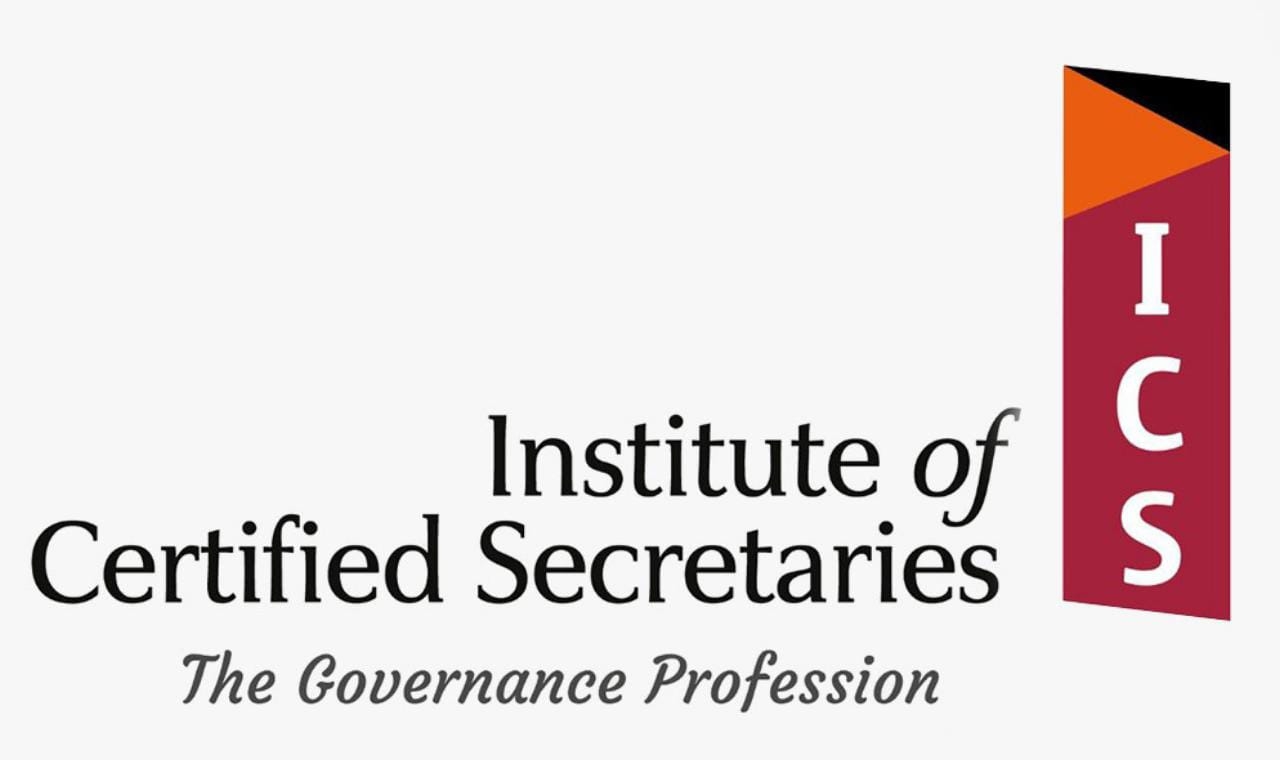Effective governance is a crucial aspect of both the public and private sectors, and achieving it requires the cooperation and collaboration of various stakeholders. Good governance necessitates the implementation of policies, regulations, and laws that help govern organizations and promote the well-being of society.
The primary role of governance consultant is to establish a framework that facilitates organizational structures, contributing to social stability and economic prosperity. Collaborations are vital for achieving sustainable outcomes as people share ideas, data, strategies, implementation, and evaluation of policies. The involvement of all stakeholders in decision-making, policy-making, and operations enables the reduction in cost of achieving collective goals, thereby promoting the economic well-being of society.
partnerships and collaborations can involve governments, businesses, civil society organizations, and other stakeholders working together to achieve good governance outcomes. Building partnerships is done on different levels to promote sustainable human development, and theyare both vertical and horizontal. Vertical partnerships link local, national, and global institutions, processes, and people, while horizontal partnerships link government, civil society, and the private sector at each level.
The six aspects of healthy partnerships that characterize good governance practices include inclusiveness, experience-sharing, strategy formulation, empowerment, consensus-building, and continuous improvement. Inclusiveness widens the scope of participation in decision-making to cover all relevant stakeholders. Experience-sharing enables stakeholders to find common agendas and compare perspectives for collaboration. Strategy formulation aligns stakeholders' objectives, thus maximizing outcomes and economies of scale. Empowerment helps build stakeholder capacities, individuals, and interrelationships, leading to increased consensus-building on mutually supportive policies, processes, and operations. Continuous improvement enhances going concerns and measuring approaching success and building on successes.
Partnerships and collaborations can help achieve good governance in the public sector through improved service delivery, enhanced accountability, and increased participation. Partnerships between the government and private sectors can lead to improved service delivery in areas such as healthcare, education, and infrastructure development. Partnerships between the government and civil society organizations enhance accountability by acting as watchdogs and monitoring the government's performance.
In the private sector, partnerships and collaborations can help achieve good governance
In the private sector, partnerships and collaborations can help achieve good governance through improved social and environmental performance, enhanced transparency, and increased innovation. Partnerships between businesses and civil society organizations can lead to improved social and environmentally sustainable practices. Partnerships between businesses and stakeholders enhance transparency with investors, consumers, and suppliers, ensuring that they are transparent in their operations. Partnerships between businesses also ensure the improvement of existing products or even the development of new products or services. Partnership and collaboration are crucial in achieving good governance in both the public and private sectors within their daily operations. However, such partnerships can be challenged in numerous court cases, leading to delayed implementation. Many fragile social, political, and economic institutions contribute to such gaps. Therefore, stakeholders should engage in strengthening institutional governance fabrics through a team of corporate governance experts.
The success of good governance ismeasured by how far a society is able to improve its quality of life. The public and private sectors exist within these parameters, and partnerships and collaborations offer opportunities to engage in a variety of issues affecting social change. Politics and procedures of exclusion result in unintended consequences leading to a loss of time, funds, and energy. Sharing takes place in an atmosphere of openness and transparency, where all stakeholders are mutually accountable while achieving common goals.
Increased partnerships and collaborations provide platforms for stakeholders to work together towards a common goal. Therefore, it is vital for the public and private sectors to recognize the role of partnerships and collaborations and seek out opportunities to work together towards achieving good governance outcomes.
